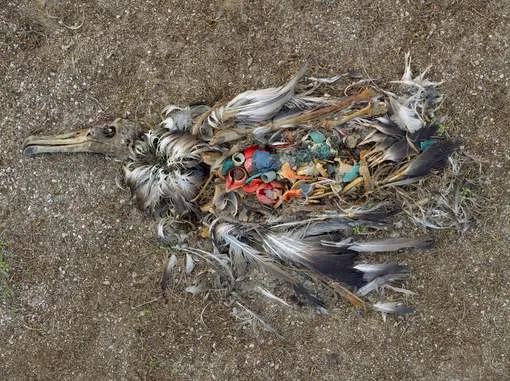Scientists at the University of California have calculated that already 8.3 billion tons of plastic have been produced. That is as heavy as one billion elephants or 822,000 times the Eiffel Tower.

© thinkstock.
The big problem, however, is that plastic, a very durable product, is often used for a very short period of time and then ends up in trash bins or in nature.
In a study published in the scientific magazine Science Advances, scientists researched how much plastic has been published over the past few years, how the material is used in all its forms and where it ends .
Some key figures:
- 8.3 billion tons of plastic has been manufactured since the start of production
- Half of this was only made in the past thirteen years
- Production increased from two million tonnes in 1950 to 400 million tonnes by 2015
- 6.3 tons of plastic has now been discarded
- About 9 percent of the discarded plastic was recycled, 12 percent was burned. The remaining 79 percent ended up in trash bins, in nature and oceans
- Plastic recycling in 2014: Europe (30%), China (25%), USA (9%)

© thinkstock.
Plastic is a very versatile and durable product, which can be found in everything from food packaging to clothing, vehicle parts. But no biodegradable plastic is used in any of these applications.
The only way to permanently disappear plastic is by heating it: through a decomposition process called pyrolysis, or by simple combustion, but that is difficult due to health and emission regulations.
Thousands years
There is currently enough plastic waste to cover a country like Argentina. If current trends continue, by 2050, about twelve billion tonnes of plastic waste will land on garbage bins and in oceans.
"So the plastic waste that mankind has produced can remain for hundreds or even thousands of years," says Professor Jenna Jambeck, who is also part of the research team.
Jambeck and her colleagues calculated that eight million tons of plastic will flow into the oceans annually.
The researchers hope their analysis will stimulate debate on the use of plastics.

© Chris Jordan
Source: BBC News, The Telegraph